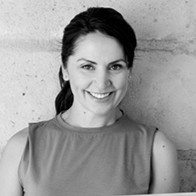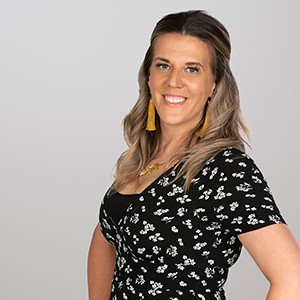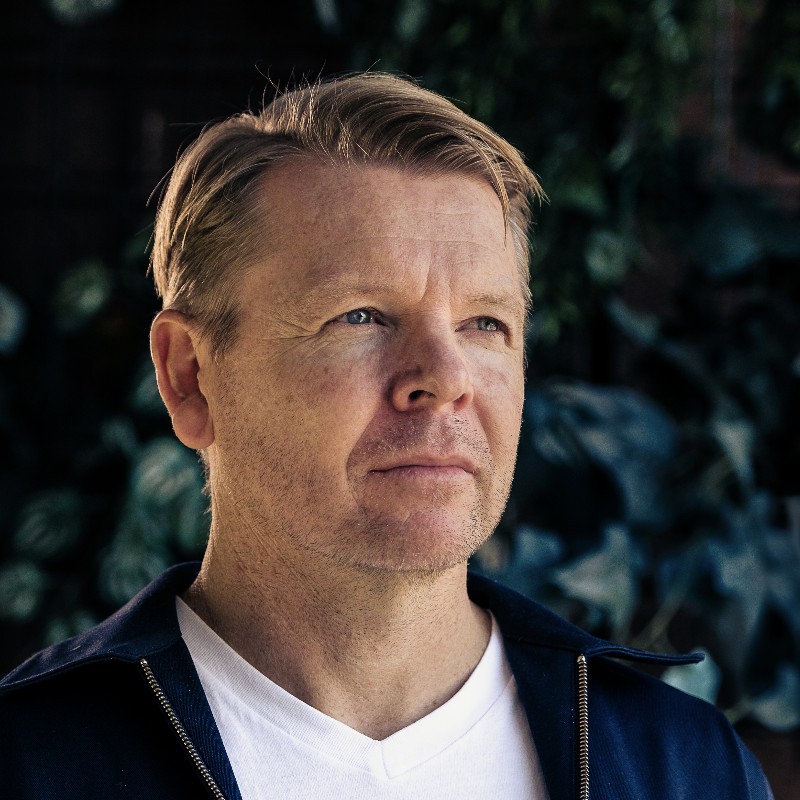Key Takeaways
- Own your contributions by replacing vague terms like “we” or “just” with strong action verbs that highlight your personal impact.
- Be specific about your skills and experience—avoid broad generalisations in favour of precise details.
- To leave a strong impression on the interviewer, practice strategic communication, focus on impactful language, use structured answers (like the STAR method), and ask insightful questions.
Nailing an interview isn't just about what you know; it's about how you say it. Some words, despite sounding harmless, can actually reduce your impact. Many are overused clichés, while others might inadvertently downplay your true skills – and trust me, recruiters and hiring managers have heard them all before.
Let's dive into the words and phrases to skip, and what to say instead to make a real impact.
Words to ditch and why
- “We”: This is a common habit, but the interviewer wants to know your personal contribution. Instead of “We launched the project,” try “I led the team that launched the project,” or “I was responsible for…“
- “Just”: This little word undermines your confidence. “I've just finished the report” sounds less impactful than “I completed the report.” Try removing it entirely and notice the difference!
- “Obviously”: What's obvious to you might not be to the interviewer. Remove this word and be specific. Instead of “Obviously, we optimised the process,” say “I optimised the process by implementing a new workflow.“
- “Stuff”: This is vague and unprofessional. “I handled a lot of stuff” tells them nothing. Be precise: “I designed campaigns, EDMs, social media assets, brochures and all POS collateral.”
- “Basically”: When you're explaining something in an interview, nothing is “basic.” Elaborate and provide clear details.
- “I'm a Perfectionist”: While it sounds dedicated, this can imply you take too long or get bogged down in minor details. A better alternative: “I strive for excellence in my work.“
- “The Adobe Creative Suite”: This is incredibly broad. Do you proficiently use all 20+ applications? Be specific. Mention the programs you actually use, like “Adobe Photoshop and After Effects” for example.
- “You know”: This filler phrase suggests you're unsure or expecting the interviewer to fill in blanks. They're asking because they don't know. Practice eliminating this from your vocabulary.
Summing it up: Speak with impact
It's crucial to use strong, positive language in your interview. Focus on what you did and the results you achieved.
Powerful action statements will ensure you take the lead and demonstrate your capabilities:
- “I identified…”
- “I designed…”
- “I proposed…”
- “I implemented…”
These phrases are perfect for giving examples of skills you used to overcome challenges and drive success.
Final strategies for interview success
Nailing an interview is a skill that can be mastered with practice and strategic preparation. Beyond avoiding the pitfalls of certain words, there are a few steps you can take to elevate your interview and leave a truly memorable impression.
- Practice with purpose: Don't just rehearse your answers; practice how you say them. Record yourself or conduct mock interviews with a friend, focusing specifically on eliminating weak words and replacing them with stronger, more impactful ones. Pay attention to your tone, pace, and body language as well—these also contribute to your overall impact.
- Research the role & company thoroughly: Tailoring your language to the specific role and company culture is crucial. Understand the key responsibilities and required skills, then weave those keywords into your answers, showcasing how your experience directly aligns. Similarly, research the company's values and mission; this will help you speak in a way that resonates with their ethos.
- Prepare STAR method stories: The STAR method (Situation, Task, Action, Result) is an excellent framework for answering behavioural questions. By structuring your responses this way, you naturally focus on your individual contributions and the positive outcomes you achieved. This helps you avoid vague language and ensures you provide concrete examples of your skills in action.
- Ask insightful questions: Your questions at the end of an interview are another opportunity to make a strong impression. Instead of asking about salary or benefits (which can come later), focus on questions that demonstrate your genuine interest in the role, the team, and the company's future. For example, “What are the biggest challenges facing this team in the next six months?” or “How does this role contribute to the company's long-term goals?”
By implementing these strategies, you'll not only avoid common verbal blunders but also proactively present yourself as a confident, capable, and highly desirable candidate. Remember, every word counts in an interview, so choose them wisely!
Latest.

Being a great designer isn’t enough to get hired—you need to prove your impact
Job Seeker, Design

Hiring in Australia: 5 trends redefining our job market
Hiring Insights, Industry Trends, Ask Aquent, Leadership

How to avoid creative burnout and refill your creative tank (before you really need to)
Thought Leadership







